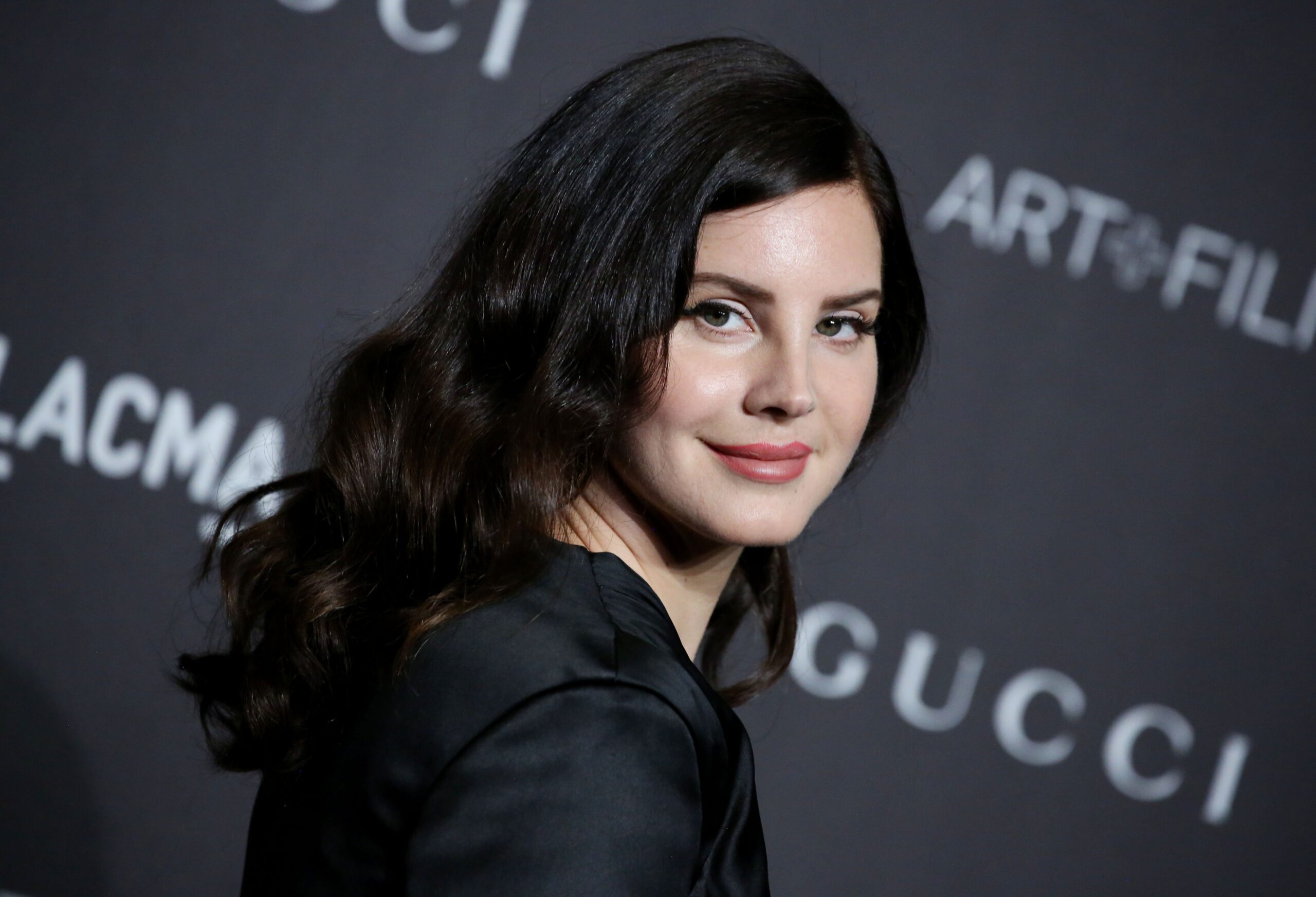Lana Del Rey’s music is whatever you want it to be. For some, it’s a collection of repetitive, glossy pop songs told from a subservient female perspective. For others, it’s gospel for the modern era, an encapsulation of all the dread and wonder that comes from living in a world on the brink of the […]

